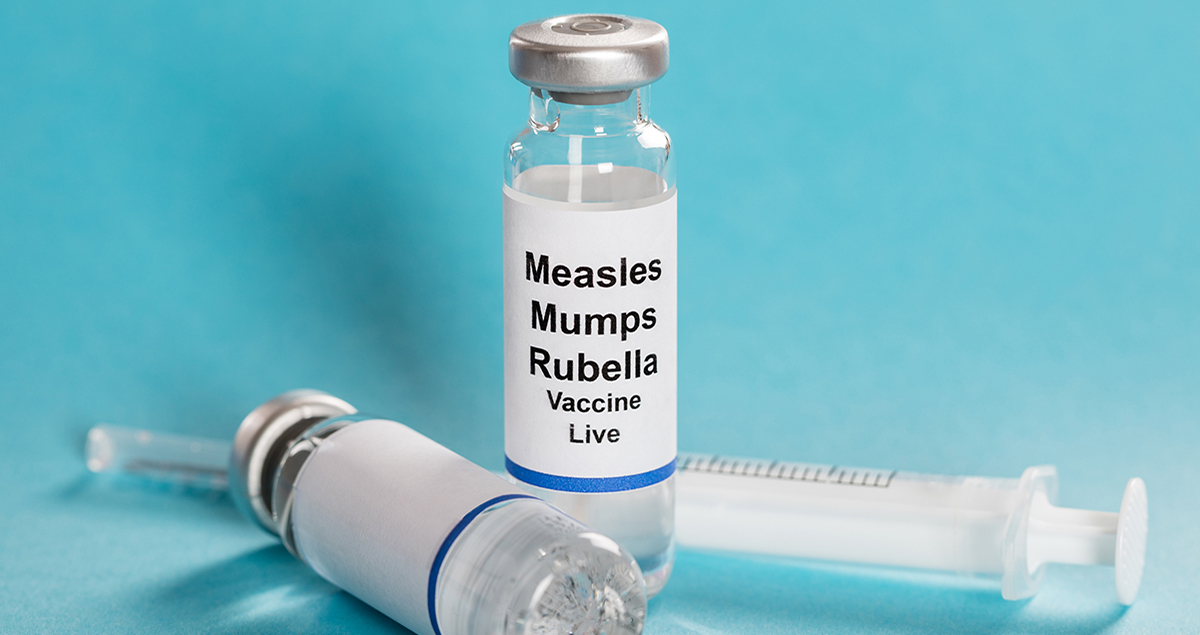Signs and Symptoms of Measles
Measles, also known as rubeola, is a viral illness that is easily spread through respiratory secretions and by breathing the same air as a person with measles. Symptoms usually appear about 7 to 14 days after a person is infected. Hallmark symptoms include:
- High fever
- The presence of the three “Cs”: cough, coryza (runny nose) and conjunctivitis (red, watery eyes)
- A rash that first appears on the face and neck, then spreads all over the body
- Small red spots with blue and white centers that may appear inside the mouth after other symptoms begin
The rash usually appears about 14 days after exposure. People are contagious until 4 days after the rash starts. Common complications of measles include ear infections and diarrhea. But it can be deadly for high-risk populations, including infants and children 5 and under, adults 20 and older, pregnant women and immunocompromised individuals. In pregnant women, it can also cause premature births or a baby born with a low birth weight.
How Measles Is Transmitted
Measles is extremely contagious. It can live for up to two hours in an airspace where an infected person coughed or sneezed, such as in a hospital, a doctor’s waiting room, at a restaurant or on public transportation. If someone breathes contaminated air or touches an infected surface and then touches their eyes, mouths and/or noses, they can become infected. It’s so contagious that up to 90 percent of nonimmunized people exposed to an infected person will also become infected.
4 Actions to Take if You Think You’ve Been Exposed
Remember that the best way to avoid contracting measles and preventing an outbreak from occurring is to ensure that you and your family members have immunity against the disease by getting the MMR vaccine. If you think you or a family member has been exposed to measles, follow these 4 actions immediately:
- Call your doctor’s office. Do not just show up. Tell them that you think you’ve been exposed to measles, and your doctor will discuss next steps and how to prevent further exposure to others.
- Avoid public spaces. Do not visit your workplace, schools, childcare settings, hospital emergency rooms, doctors’ offices, etc. If possible, plan to stay at home for 4 days after you develop the rash.
- Practice good hygiene. Cover your mouth and nose when you cough or sneeze, wash your hands often with soap and water, do not share drinks or eating utensils with others, and disinfect surfaces you touch frequently such as doorknobs and toys.
- Get vaccinated. You should have had two doses of the live MMR vaccine as a child to build up immunity. If you are unsure, contact your doctor right away for evaluation. If you’re not immune to measles, it’s important to get vaccinated even if you think you’ve already been exposed. You may even have a milder case if you get the vaccine within the first 72 hours of initial exposure.
Holy Cross Health presents the information in this blog as a resource for our community. It is not intended to replace professional medical advice or to endorse any particular entity or service. Personal health problems should be brought to the attention of the appropriate health professionals.

